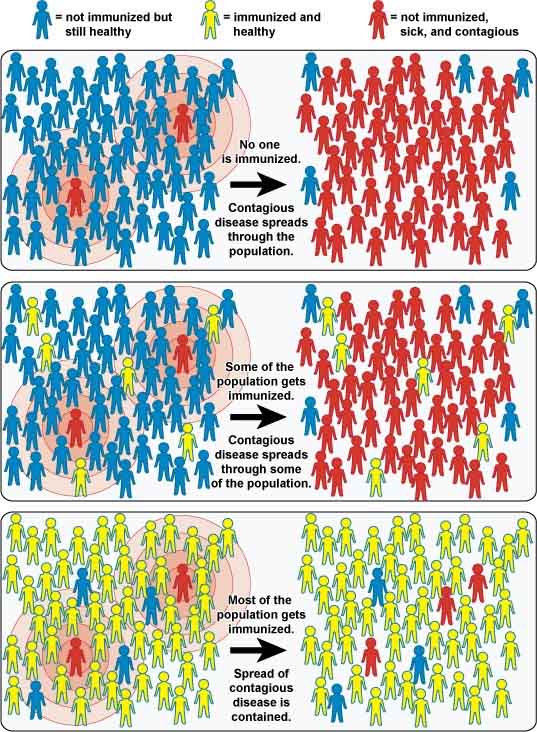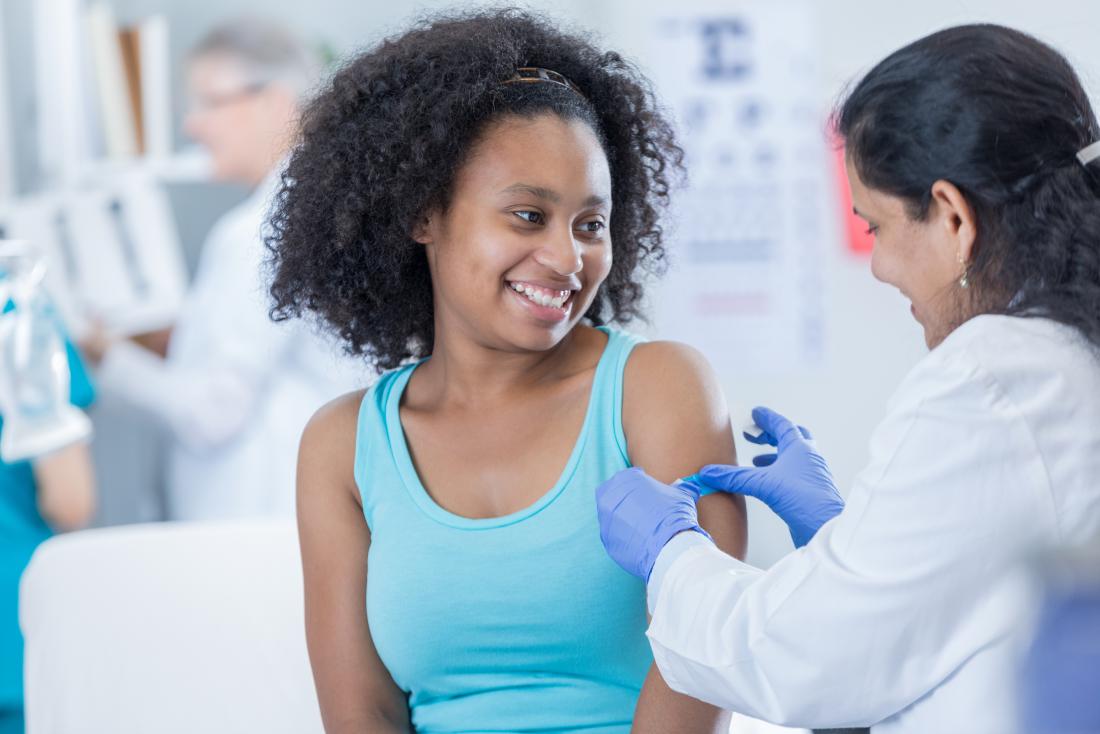

Because the Delta variant of concern is more transmissible than earlier COVID variants, these added layers of protection are important for the short term. At times when the risk of COVID is higher, it is important to follow public health recommendations to add additional layers of protection, such as wearing masks, to further reduce the risk of transmission. While the vaccines are very effective at preventing infections and spread, they are not 100%. Then why do vaccinated people still have to wear masks? While there were 10,176 cases of COVID-19 among fully vaccinated individuals, this accounted for only 1.5% of the 689,000 cases during this time period. Health Canada reviewed cases of COVID-19 from Decemwhen the vaccination program started through to August, 2021. This visual helps to understand the relative risk of infections between fully vaccinated and unvaccinated people: Hospitalized cases of COVID-19 are 36 times higher among unvaccinated people than in fully vaccinated people.


This does not mean that 15% to 30% of fully vaccinated people are getting infected. When we hear in the news that 15% to 30% of new COVID cases were fully vaccinated, it’s important to consider all the facts. The short answer is yes, vaccines reduce the chances of getting infected with COVID-19 and the likelihood that you will spread COVID-19 to others. So, the vaccines help to reduce the chance of getting COVID-19 and they are still incredibly effective at preventing severe illness and death, including against variants of concern like the Delta variant.ĭo the vaccines prevent transmission of COVID-19? The evidence is also confirming that when breakthrough infections happen, the chance is very low of getting seriously sick, requiring hospital care, dying or developing long COVID.The scientific evidence is confirming that the vaccines reduce the likelihood of getting infected with COVID-19, including against the Delta variant of concern.In fact, Manitoba Public Health now reports new and active cases by vaccination status.



 0 kommentar(er)
0 kommentar(er)
